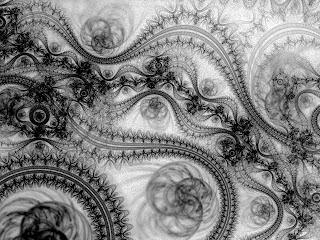Whenever I notice a man wearing a suit
while holding what seems to be a professional camera, I immediately imagine, as
in a kind of Pavlovian reflex, a wedding. Perhaps it’s the weekend and there’s
nobody walking on the sidewalk except for this man. Every walker arrests my
eye. I watch them mechanically, from the corner of my eye as if acknowledging
their presence only half-way. This semi-conscious watching overlaps the busy
rattling of my thoughts. I’m unsure if I enjoy the aggressive air conditioning
spreading an obviously unnatural breeze inside the bus. The bus reaches my
destination and I get ready to get off. As I get up from my chair, an arrow of
cold pierces through every limb of my body making me reluctant to that
movement. As I walk out of the bus, I feel pushed inside an asphyxiating heat
whirl. The hothouse outside slowly penetrates my temporarily frozen body and
the sensation becomes more bearable as I get used to the heat. My mind was
still frozen, bearing the disturbing memory of the previous cold space.
It was the wrong bus. I stationed
myself in the vicinity of the station with my legs crossed and gazed in the
direction from which my bus was supposed to come. In those moments of tiresome
expectation, you almost believe that if you stare hard enough that will suffice
to make that bus appear. Instead, a tense tediousness installs itself and time
suddenly dilates itself allowing any waiting mind to scrutinize the horizon
line with a critical. I thought the bus was just around the corner. Instead, a
beefy body emerges from the much gazed at street corner. The boy was wearing
his large pants and California-style hat. His outfit sufficed to make that
statement he certainly had in mind.
“Here, you can sit down, if you want to” he said.
As tempting as that sounded, I had to decline.
“No, thanks, it’s making my skirt crease.”
“You don’t happen to have an iron, do you?” he asked me.
“Excuse me?”
In the meantime, my bus had arrived. My interaction with his
New York attitude was joyously drawing to an end.
“My bus is here. I have to go.”, I said.
“Nice talking to you. Good luck with your creases!” he added
as a coronation of our short-lived conversation.





